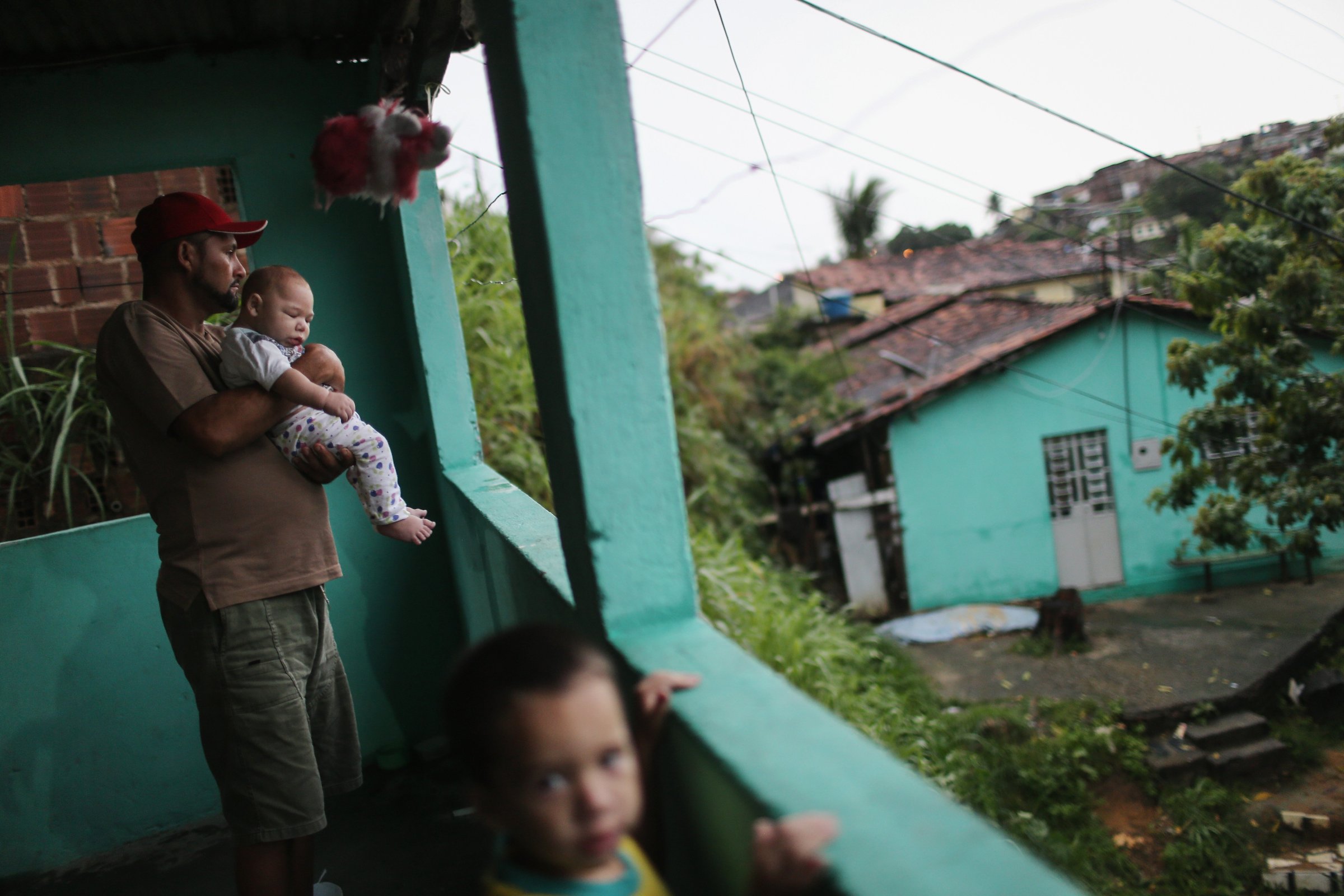
On Monday, the World Health Organization declared Zika a global health emergency, the first time in history for a mosquito-borne disease. This is only the fourth global emergency declared for any disease: the others were Influenza (H1N1), polio and Ebola. Zika is an international threat because it has never been seen on this scale and has explosive pandemic potential. The mosquito that transmits the virus is found almost everywhere, and there is intense international travel. Zika is already in more than 20 countries. By the end of this year, Zika will likely come to the U.S., Europe, and worldwide—amplified by the Rio Olympics.
Sounding the global alert was the right thing to do. But in the aftermath of the WHO’s failures during Ebola, there is so much more the organization must do. Actions speak louder than words, and the director general did not announce a comprehensive action plan backed by major resources. In many ways, the WHO is an emperor without clothes: a depleted organization with few resources and little manpower. To show leadership, the WHO has to mobilize international funding and action—declaring war on mosquitos, conducting intense surveillance and accelerating research on vaccines. The National Academy of Medicine’s Global Health Risk Framework Commission (of which I was a member) estimated that a $4.5 billion per year incremental investment would enable the world to combat diseases such as Zika and other mosquito-born diseases.
Right now there is so much we don’t know but need to find out through intensive well-funded research. First, there is no reliable diagnostic test for Zika. Blood samples need to be sent to specialized laboratories. Second, the big unanswered question is whether Zika causes microcephaly in infants. Microcephaly results in a small head and often developmental disabilities. We also don’t know if Zika causes Guillain-Barre syndrome (which can result in temporary paralysis). Worse still, a vaccine could be three to five years away, even with accelerated research. The world needs answers and solutions urgently. Today, the world is wholly unprepared to fight Zika and so many other dangerous infectious diseases.
Zika is not just a health emergency but also has deep moral dimensions. Imagine if the current Zika epidemic is followed by a wave of birth defects nine months from now. It would be unconscionable not to act aggressively with the next generation at risk. But the WHO did not promise to come to poor countries and protect women and children’s health and wellbeing. It does not yet have the needed funding and a comprehensive strategy. Zika and other mosquito-borne diseases are highly preventable, but it will take intensive resources to aggressively control mosquitos.
The WHO did not issue a travel advisory, putting it at odds with U.S. policy. The Centers for Disease Control recommends that pregnant women postpone travel to Zika-affected countries. Women considering getting pregnant should first talk with their doctor before traveling. If I had a pregnant daughter, I would insist she not visit Brazil, even if she had planned to go to the Rio Olympics. Yet, the WHO was silent on whether pregnant women should visit Zika-affected countries.
And what about women already in Zika-affected countries? Many women at high risk are very young and very poor. Many governments have told them to indefinitely postpone pregnancy. El Salvador asked women not to become pregnant until 2017. Yet most Latin American countries criminalize contraception and abortion. In effect women are told not to get pregnant but denied the tools needed to prevent pregnancies or abort fetuses that are sick or fatally affected. Women need a safe alternative. The WHO did not offer help for women caught in this Catch 22, and it failed to defend women’s health and reproductive rights.
Dr. Margaret Chan, the director general, is fighting for her legacy, after four scathing global commission reports on the WHO’s failures during Ebola. One lesson she learned well was not to delay before declaring an emergency. What if it turns out that the link with microcephaly is a false alarm? She can always call off the emergency. But it is better to be over-prepared than to sit by idly.
What is even more important is the action the WHO will take on the ground in partnership with countries. Dr. Chan’s legacy hinges on whether she can stop this unfolding catastrophe in its tracks. Zika, like Ebola, is a highly preventable disease, but it takes the political will and know-how to do it. The world needs an empowered WHO. The Zika epidemic gives the WHO the chance to regain the credibility it lost during Ebola. For the sake of people everywhere and particularly vulnerable women, we must push the WHO to become the global health leader it was meant to be.
More Must-Reads from TIME
- Why Biden Dropped Out
- Ukraine’s Plan to Survive Trump
- The Rise of a New Kind of Parenting Guru
- The Chaos and Commotion of the RNC in Photos
- Why We All Have a Stake in Twisters’ Success
- 8 Eating Habits That Actually Improve Your Sleep
- Welcome to the Noah Lyles Olympics
- Get Our Paris Olympics Newsletter in Your Inbox
Contact us at letters@time.com